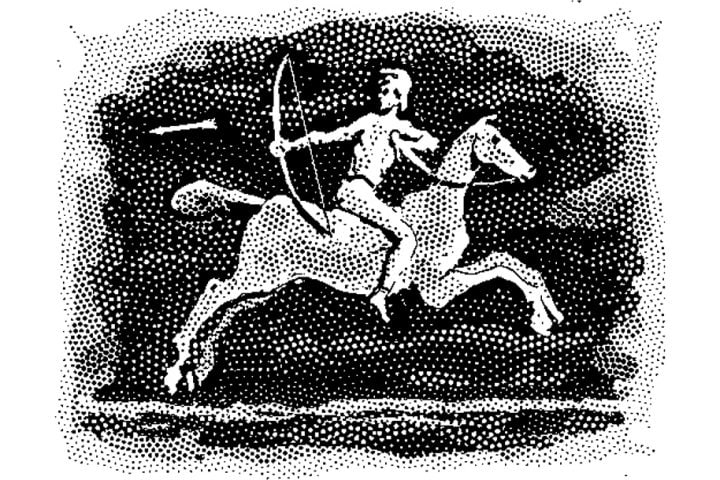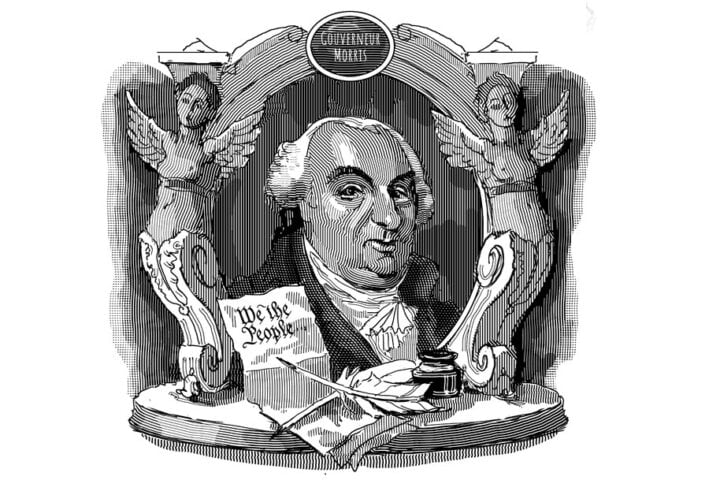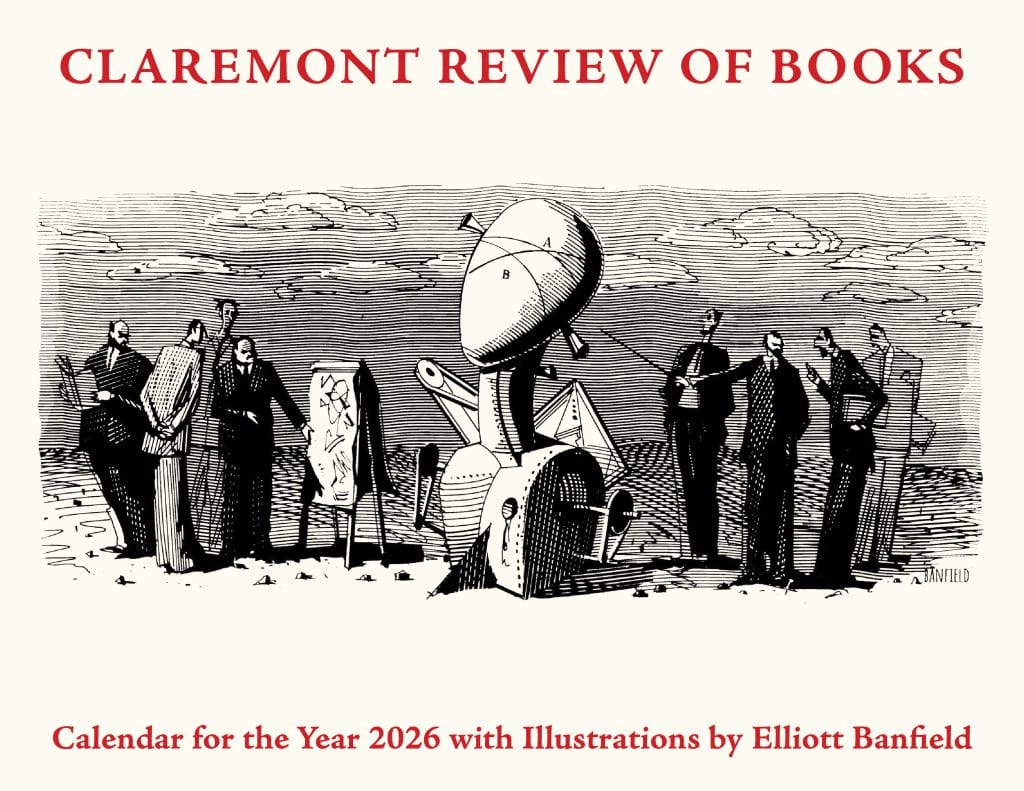West Virginia is a small state, but there are those who love her. Among them are those lucky enough to be born and grow up there, as I was, surrounded by the deep green rolling hills of the Appalachian range and dark, swift flowing rivers like the New.
The New River, which is actually one of the five oldest rivers in the world, if we credit the geologists, is well known for its whitewater rafting. As a cub reporter in 1976 for the Charleston Daily Mail, the state’s largest newspaper (circulation: 55,000, if memory serves), I invited William F. Buckley, Jr., and his sister Priscilla, the managing editor of his magazine, National Review, to the state for a day of rafting on the New. They were adventurers and took to the sport immediately. I am not at liberty to disclose who got thrown out of the raft that day, but the river was running high and the ride was bumpy. Let’s just say, by the time we put in to shore under the New River Gorge Bridge, I had an invitation to serve as a summer intern at NR. When at the Charleston airport I asked Bill if he found West Virginia “almost heaven” (John Denver’s song “Take Me Home, Country Roads” was current then), he smiled and said, “Well, it’s several thousand feet closer.”
I didn’t attend West Virginia University, though most of my friends did. So did Senator Joe Manchin and most of the state politicians you may have heard of. It’s the state’s only major research university (R-1 class, as academics say) and, perhaps more importantly, boasts the state’s most prominent college football and basketball teams. WVU’s president, E. Gordon Gee, is only its fifth-highest paid employee. The football and basketball coaches each earn more than four times as much, over $4 million per annum. The school’s fight song, “Hail, West Virginia,” is in effect the official state anthem, though officially there are four state songs, including “Take Me Home, Country Roads.”
WVU is now in an embarrassing pickle. The university is “bleeding out,” as Len Gutkin puts it ungraciously in The Chronicle of Higher Education’s newsletter. It is suffering a $45 million deficit, declining enrollments, and decreasing budgetary support from the state legislature. Over the past decade, the state has cut its grant by 36%, or nearly $100 million. Of course, the state itself is one of the poorest in the country. Employment in manufacturing is reportedly down a third since 1990. And West Virginia has been shedding population for decades. When I was young, we had more than 2 million inhabitants and four U.S. congressional seats. Now the state is down to two congressional seats and a population of 1.79 million.
***
It is a vicious circle. Population sinks, the economy loses its luster, enrollments decline, tuition and legislative support falter. What is a university president to do? In this case, Gee, with state legislative support, has decided to boldly go where virtually no college presidents—certainly not of R-1 institutions—have gone before: to cut, cut, cut his way back to financial and education sanity. “Twelve undergraduate majors and 20 graduate programs will disappear,” according to the Chronicle, including all the foreign language programs. “The recommendations will result in 169 potential reductions in faculty lines,” which is 16% of the full-time professors. No French, Spanish, German, Russian, or Chinese classes. No graduate program in Mathematics. No M.A.s or Ph.D.s in Higher Educational Administration, either—but then the president is teaching that subject on-the-job.
There has been an outcry, as you could imagine. But what do the critics recommend Gee do? Ask for more money, of course, either by raising tuition or begging the legislature more plaintively, or both. There comes a moment, however, as Margaret Thatcher famously pointed out while discussing socialism, when you run out of other people’s money.
Don’t get me wrong. The choice of what programs to cut is open for discussion, and I would not have started the “transformation,” as WVU is calling it smarmily, with foreign languages. I’d have started with gender studies and the various ideologized ethnic, racial, and cultural studies programs. Nor would I have ordered the English Department “to de-emphasize literary studies and prioritize professional writing, editing, rhetoric, and composition,” though I think it would be proper to teach all of the above.
So far it’s the cuts that have gotten all the attention, but soon WVU’s administration and faculty will have to think calmly about what a liberal arts education should be, and how it fits with the vocational imperatives so powerful at major universities. A more serious restructuring will be necessary. But the number of 18-year-olds is dropping nationally, and American higher education cannot go on as it has for the past half-century. West Virginia and its premier university are ahead of the curve in this respect, showing the country where it is heading and the academy the price of its continuing hubris.






